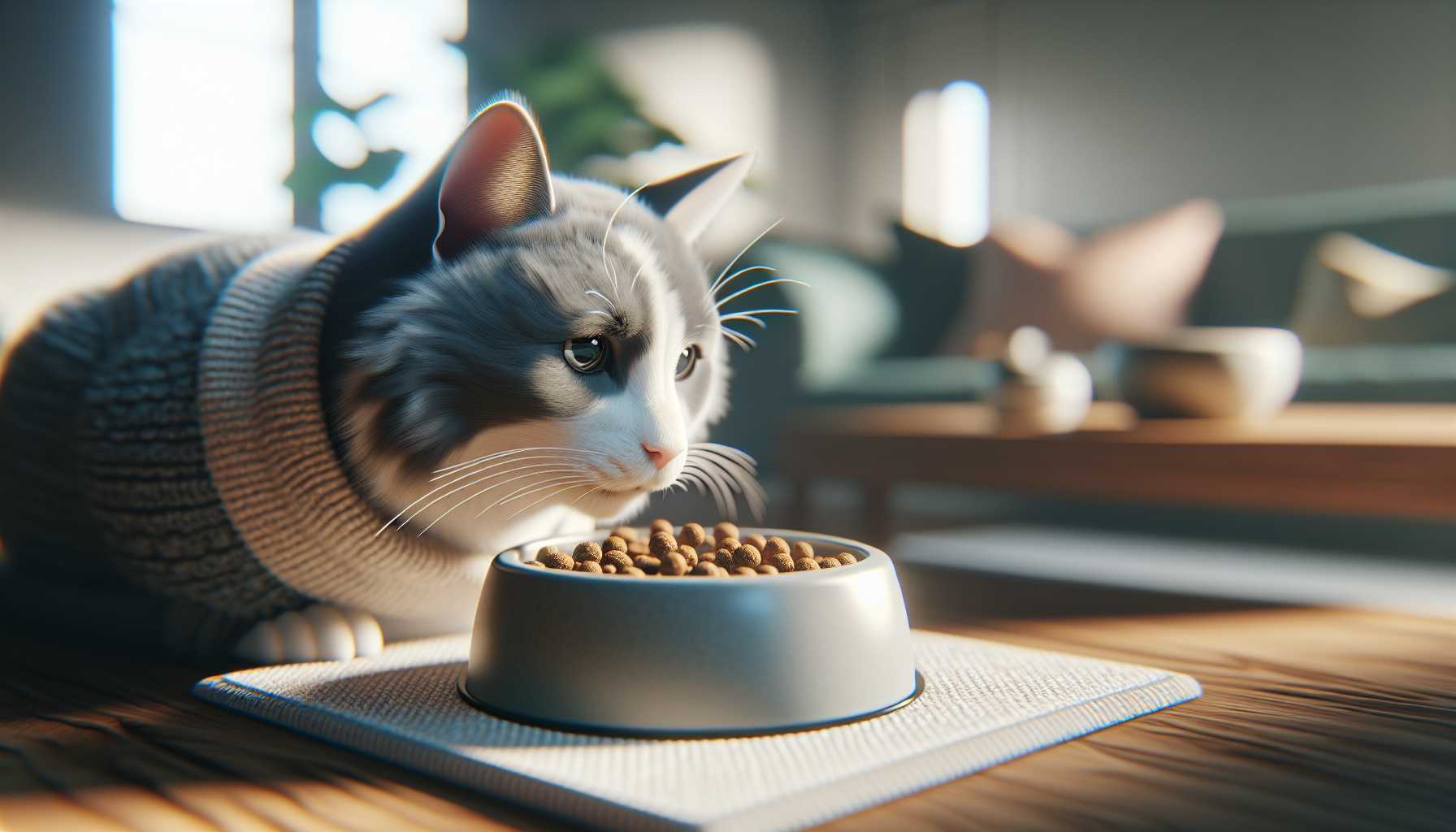Just like humans, cats require extra care and attention as they enter their twilight years. I’ve spent countless hours studying the best dietary options for senior cats, and I’m delighted to share my insights with other cat owners.
Nutritional Changes for the Aging Cat
Our mature feline companions may not be as nimble as they once were, and their nutritional requirements dramatically transform once they reach the age of 7. My beloved older cat Luna helped me attain this insight on a personal level. Key things that senior cats need include:
- Reduced calorie intake to avoid weight gain
- Heightened protein levels for muscle upkeep
- Enhanced joint care components
- Kibble that is easy to digest
Essential Ingredients to Seek
When shopping for your elderly cat, it’s crucial to look for these health-beneficial ingredients:
- High-grade protein (30-40%)
- Glucosamine and chondroitin
- Omega-3 fatty acids
- Additional vitamins E and C
- Digestive enzymes
Top Choices for Senior Cat Food
After experimenting with a variety of brands for my older cats, these are the ones that emerged as the best:
- Royal Canin Aging 12+
- Hill’s Science Diet Age Defying
- Blue Buffalo Healthy Aging
- Purina Pro Plan Senior
Extra Considerations for Older Cats
Don’t forget, sometimes our elderly companions may need extra assistance to enjoy their mealtimes:
- Smaller kibble size for ease of chewing
- Enhanced flavors to boost appetite
- Moistened kibble to address dental problems
- Consistent feeding times
Transitioning to Senior Cat Food
Transitioning to senior cat food should not be rushed. Consider taking around 7-10 days to gradually blend the new food in with their existing kibble to avoid stomach upsets and food rejection.
When You Should Seek Veterinary Advice
Although these recommendations are suitable for most older cats, each cat is a unique individual. It might be wise to consult with your veterinarian if your cat:
- Loses its appetitive
- Exhibits sudden weight fluctuations
- Encounters difficulty chewing
- Develops new dietary problems
Always remember that our senior cats have provided us with lifelong companionship and affection. The least we can do in return is to ensure that they receive optimum nutritional care during their twilight years. Always monitor your feline companion’s eating habits and make necessary adjustments to their diets.
Have you transitioned your cat to senior cat food yet? I’d be eager to hear about your experiences in the comments section below.

